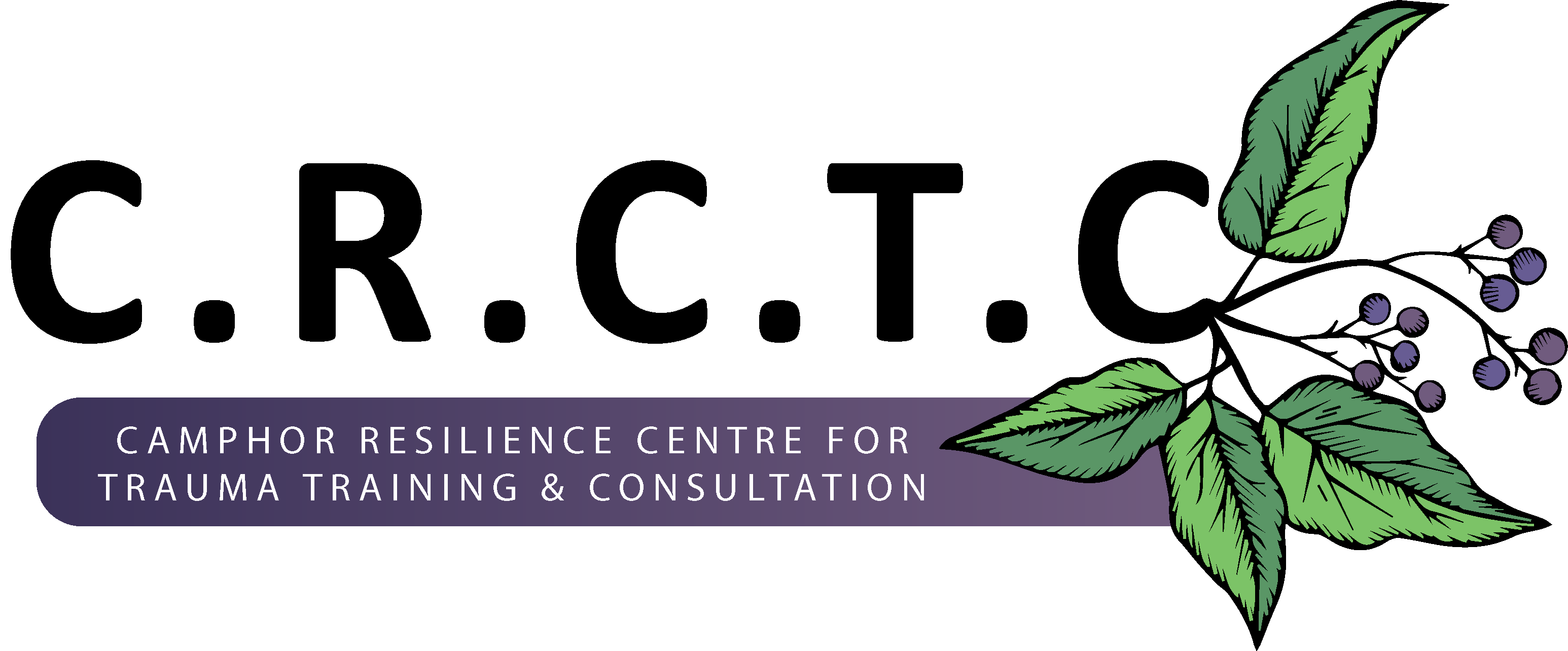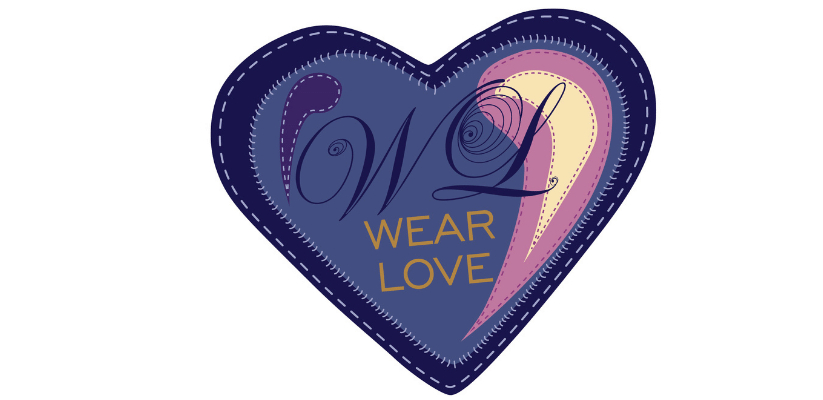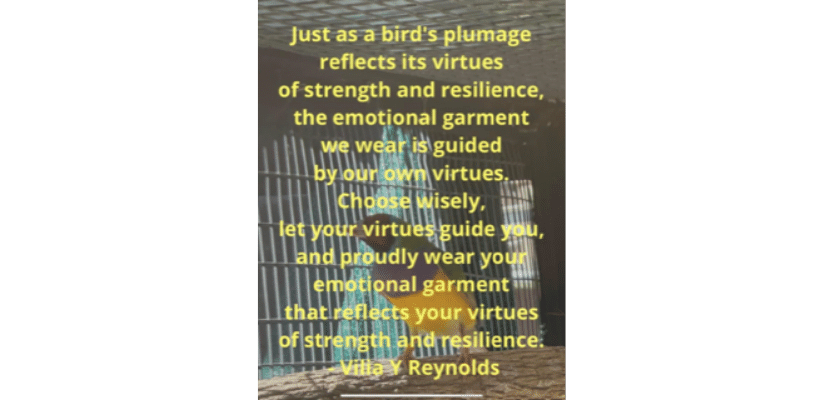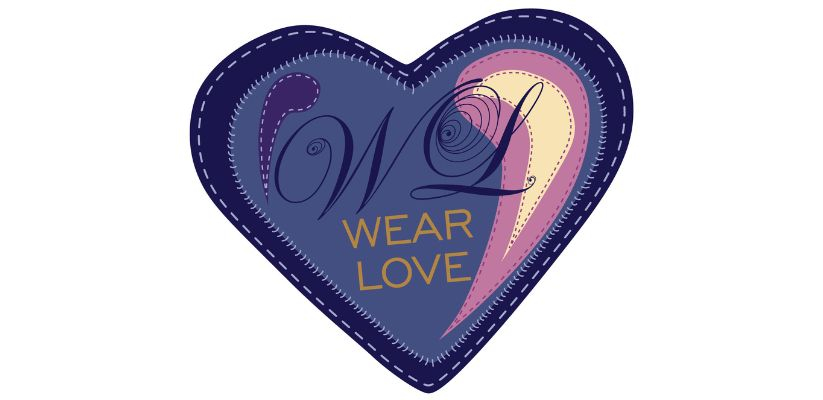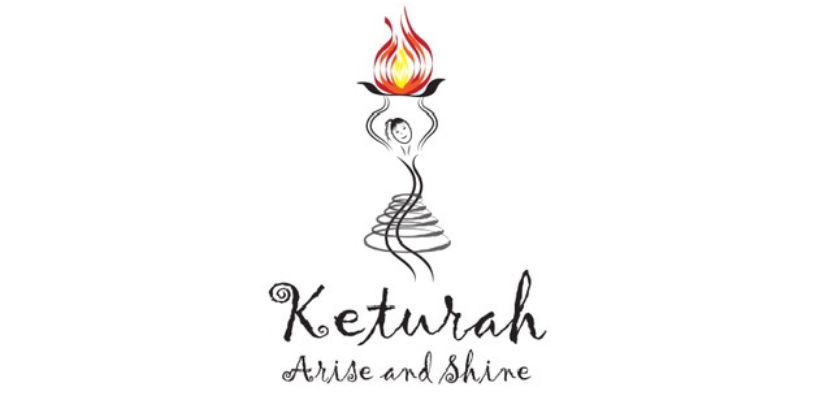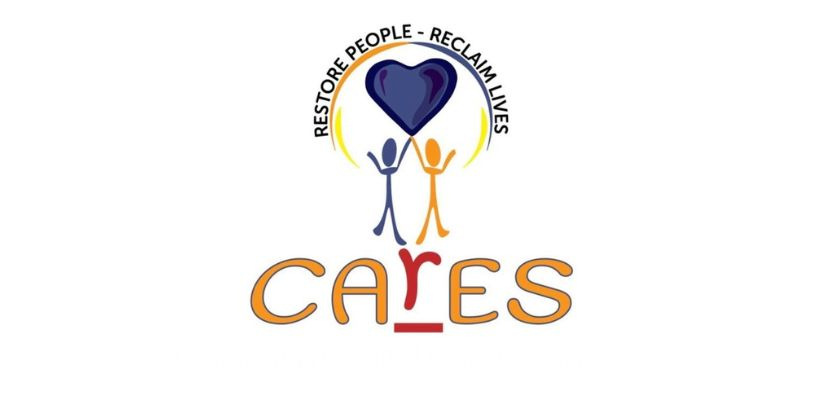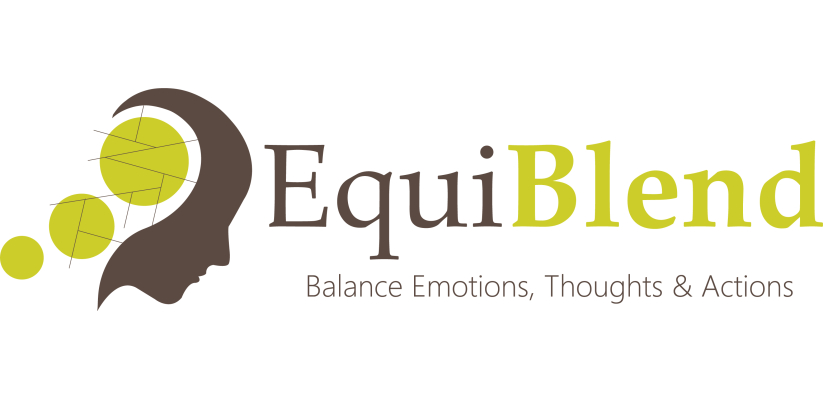"Emotional Ups and Downs: The Impact of Stress Hormones Post-Trauma"
Embrace your inner strength and rise like a dog emerging from the shadows of neglect to reclaim your light" Vilia Y Reynolds.
Introduction
Cortisol and adrenaline, two critical stress hormones, play significant roles in the body's response to stress. However, an addiction to the states induced by these hormones can have dire effects on emotional regulation, particularly in individuals who have experienced early childhood trauma. This blog aims to elucidate the concept of "cortisol and adrenaline addiction" and explore how it hinders emotional regulation, leading to a range of psychological issues and reliance on medications.
Understanding Cortisol and Adrenaline
Cortisol, often called the "stress hormone," is produced by the adrenal glands in response to stress and low blood glucose levels. It helps regulate metabolism, immune response, and blood pressure. Adrenaline (or epinephrine), another hormone released by the adrenal glands, prepares the body for a fight-or-flight response during stressful situations.
In moderation, these hormones are essential for survival; however, chronic exposure due to ongoing stress can lead to what has been termed "cortisol and adrenaline addiction." This phenomenon occurs when individuals become conditioned to rely on the heightened states of arousal associated with these hormones to navigate daily life.
The Cycle of Hyperarousal
Individuals who develop a dependency on the adrenal response often live in states of hyperarousal. This state is characterised by persistent anxiety, heightened alertness, and a constant feeling of being on edge. The cycle typically manifests as follows:
1. Initial Trauma: Early childhood trauma can prime the stress response system, leading to an overactive fight-or-flight mechanism.
2. Reliance on Stress Responses: Individuals who face recurring stressors may increasingly depend on the adrenaline and cortisol responses to cope with their environment.
3. Diminished Emotional Regulation: As this dependence solidifies, the emotional "muscle" responsible for regulation weakens, making it difficult for individuals to manage their emotions effectively.
4. Isolation and Overachievement: Many individuals may channel their hyperarousal into work and success-driven behaviours, resulting in social isolation and limited interpersonal skills. This creates a façade of control while masking deeper emotional turmoil.
The Detrimental Effects of Sympathy vs. Empathy
Sympathy and empathy are critical in understanding emotional responses to others' distress. Individuals primarily operating from a sympathetic stance often feel overwhelmed by the emotions of others, leading to an inability to regulate their feelings. This mindset can create a vicious cycle:
1. Fear of Triggers: Anticipating that every interaction could trigger distress leads to avoidance and anxiety.
2. Emotional Overwhelm: When faced with the suffering of others, sympathetic individuals may find themselves unable to process these emotions healthily, resulting in a paralysing response akin to trauma.
3. Escalated Dependence on Coping Mechanisms: Both sympathetic and hyperaroused individuals may turn towards external coping mechanisms, including medications such as antidepressants or anxiolytics, compounding their issues rather than resolving them.
The Medication Trap
The reliance on medications to manage the fallout from cortisol and adrenaline addiction raises significant ethical and practical concerns. While antidepressants, sleeping pills, and anti-anxiety medications can provide temporary relief, they do not address the underlying issues related to emotional regulation and trauma recovery. The "easy way out" of popping a pill can lead to a cycle of dependency and further emotional dysregulation.
Consequences of Medication Dependency
1. Altered Neural Functioning: Chronic medication use can alter the brain's natural neurochemical balance, hindering emotional responses and weakening emotional regulation capabilities.
2. Stigmatisation and Withdrawal: Individuals may face societal stigma or personal shame regarding medication use, leading to reluctance to seek help or withdrawal symptoms if they attempt to stop.
3. Neglecting Therapeutic Interventions: Relying solely on medications can detract from engaging in necessary therapeutic practices like trauma incident reduction (TIR),cognitive-behavioural therapy (CBT), mindfulness, or emotional intelligence training.
Conclusion
Cortisol and adrenaline addiction represent a silent yet destructive force in the lives of many individuals, particularly those affected by early childhood trauma. Understanding the dynamics of this addiction highlights the importance of seeking comprehensive treatment approaches that address the underlying trauma rather than merely alleviating symptoms through medications. This comprehensive approach should instil confidence in individuals and their support systems, knowing that they are addressing the root cause of the issue. Empathy-based interventions that focus on building emotional regulation skills could serve as a vital countermeasure to the isolative effects of sympathy. Mental health professionals, educators, and society must recognise these dynamics and promote healthier coping strategies alongside medical intervention.
RELOAD Recovery Program is designed to support individuals dealing with any addiction. In our one-on-one sessions, clients work through recovery from past traumas using the Applied Metapsychology Methodology alongside TIR (Traumatic Incident Reduction) and LSR (Life Stress Reduction) techniques.
[https://viliayreynolds.co.za/program/reload-aod-alcohol-other-drugs-addiction-recovery-program]
RELOAD Support Group employs MATRIX Cognitive Behavioral Therapy and the Biblical 12 Steps to provide a comprehensive support system for our members.
